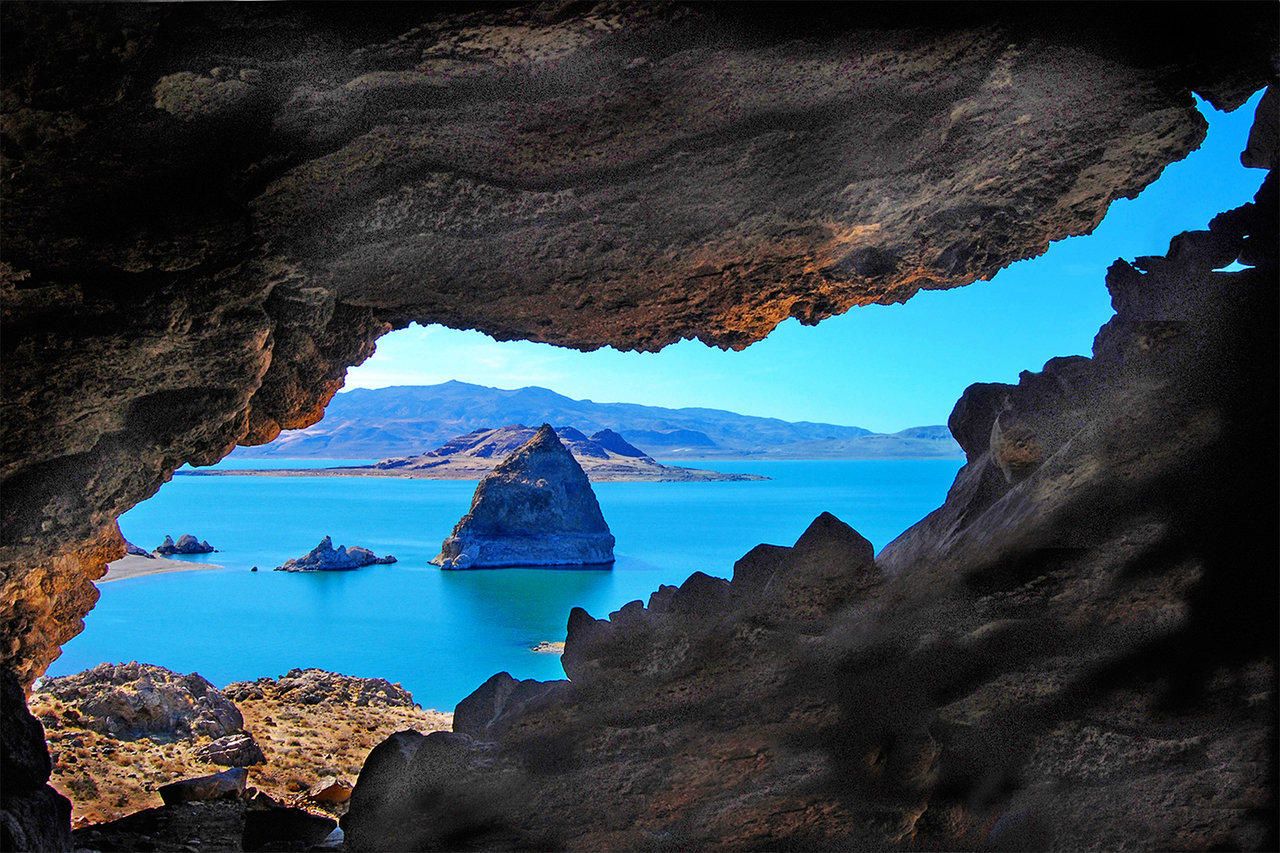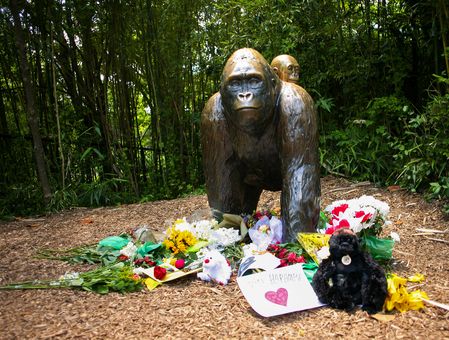The Haunting Legend of the Water Babies from Pyramid Lake

The Americas are home to some pretty epic urban legends, abandoned ghost towns, haunted southern cities, and the like, but the tales that surround Nevada’s Pyramid Lake is one that (especially if you live anywhere near the area) just might keep you up at night.
Some believe that the stories that involve Pyramid Lake in the great state of Nevada are just silly fables told to children to keep them away from the water. Still, the allure of this scenic place is strong, it gets its name from the unusual pyramid-like shaped rocks that jut out from cool and tempting waters. These waters reach impressive depths of over 350 feet, but the eerie legends that surround this beautiful lake have more to do with what lies beneath.
Every year, a number of bizarre and unexplainable events occur, especially during the Springtime, and include hearing the cries of the lost water babies and a countless number of fisherman that set out on these waters– never to returned home.
There are a number of tales that try to give reason to the phenomena of the haunting sounds and the missing people. Two legends, in particular, are most commonly told by the locals: one of which is referred to as the legend of the “water babies” and begins with the American Indian Paiute tribe, who were said to have thrown malformed and premature babies into the dark and murky waters to drown in an effort to keep the tribe strong, keeping only the children who would grow to be capable and useful members of their tribe. And so the story goes, that the shrieks and cries that are heard late into the night are the ghosts of the drowned babies from the Paiute tribe.
Another rendition of this haunting fable involves a Paiute tribesman and a mermaid from Pyramid Lake who fell madly in love, only to have the union rejected from the tribe. The heartbroken mermaid was exiled from the lake by the Paiute tribe– but not only did she not leave, she remained there in her growing fury, cursing the waters and seeking vengeance on any man that attempts to enter her lake. This, of course, would explain all the missing fishermen. Some believe that this version of the story was concocted by the Paiute tribe themselves in an effort to repair their name and cover up the savage and despicable actions of drowning their own babies.
Still, who can really be sure if these urban legends hold any validity? Like all stories of this nature, the only real “proof” is to experience the place yourself. Perhaps it is a made up tale to keep the town’s children safe and close to home, or maybe the late night cries of drowned infants and the missing fishermen are real dangers that should be taken seriously.
That being said, I for one, do not want to test the theory.










